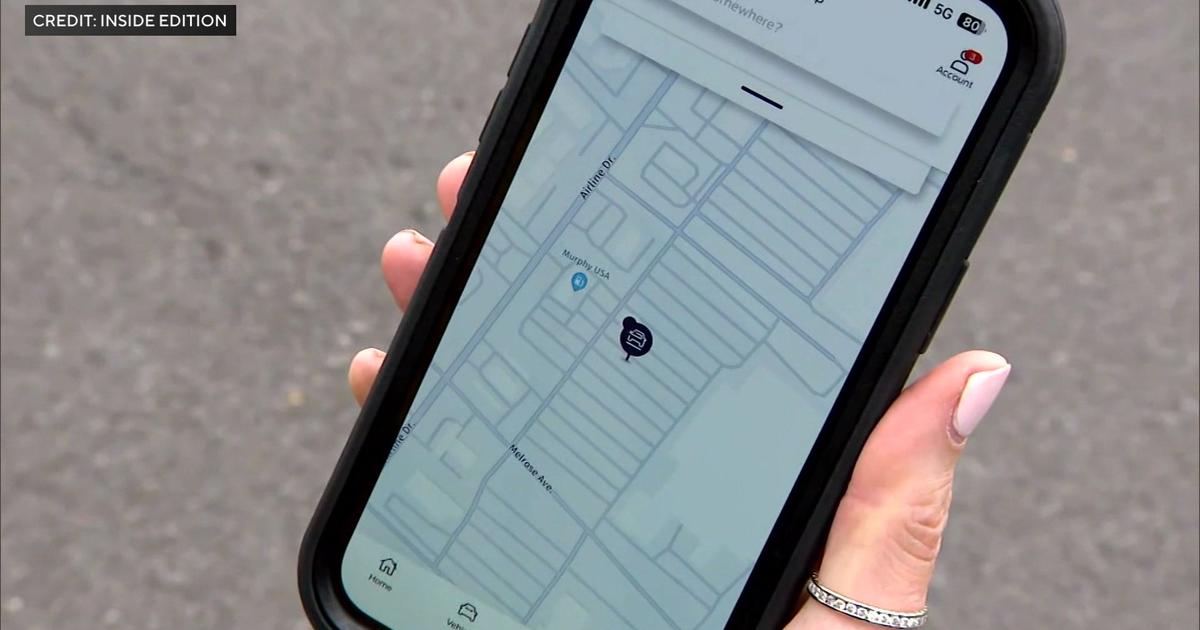'Wannacry' Ransomware Attack Hits Businesses In Dozens Of Countries
NEW YORK (CBSNewYork) -- A huge extortion cyber attack hit dozens of nations.
The attack held computer data for ransom at hospitals, telecommunications firms, and other companies.
As TV 10/55's Charlie D'agata explained, ambulances were diverted to other hospitals, patients were turned away and their operations canceled as malicious software paralyzed sixteen hospital computer systems across England.
Heart patient Tony Brett was told his operation was on hold.
"I was supposed to have a stent put in over the weekend. They can't do it now, because of all this," he said.
When hospital employees signed in they found out that their files had been turned into gibberish -- encrypted to be unreadable.
To decode the files, the hackers were asking for $300 in ransom. The demand would double after three days, or data would be destroyed.
The malware program is called 'Wannacry' and it was first uncovered in documents stolen from the NSA.
Prime Minister Theresa May said it wasn't just Britain.
"This as not targeted at the NHS, it's an international attack, and a number of countries and organizations have been affected," she said.
That was an understatement. By the time she finished speaking, similar attacks had been reported on business targets across Europe including Spain's telephone system. Japan, Turkey, and the Philippines were also affected. In the U.S. FedEx was hit. Cyber security experts say the brunt of the attacks were felt in Russian, including the country's largest mobile phone company.
As CBS2's Jessica Layton reported, the technique used has security experts scrambling.
"It's essentially the entire internet has come under assault," cyber security expert Alex Heid said.
Heid is with Security Scorecard in Manhattan. He said people who should be most concerned are those using outdated windows technology, but no one is immune to a ransomware attack.
"Everyone's data is sitting on some company's computer somewhere, and that company is sharing with someone, whose sharing it with someone," he said. "It only takes one of those companies to have a weak link and be infected, and now that data is out the door."
There are things you can do right now to help protect your own computer; update the software on your computer system, backup your data on your computers at work and home, don't open emails you're not expecting, and never click on a link or file that's unfamiliar.
It's not known who was behind the attacks, but early signs indicate it was the work of cyber criminals.



